Cardiac Imaging
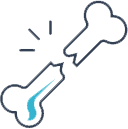
Scoring
Non-invasive quantification of the calcified plaque within the pipes supplying blood to the heart.
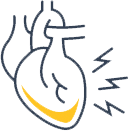
CT Coronary Angiogram
Non-invasive assessment of calcified and non-calcified plaques (and the amount of narrowing) within the pipes supplying blood to the heart.
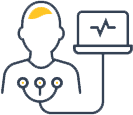
Cardiac MRI
Allows for accurate assessment of the hearts structure and function.
Why Us - Cardiac CT ?
- We are cardiac imaging nerds. Dedicated to the best quality imaging to ensure accurate and precise reports
- CT scanner installed in Dec 2023 with latest Siemens CT scanner technology, which ensures the best image quality and lowest radiation dose
- Onsite Cardiac Radiologist and Registered Nurse to supervise your scan.
- Scans reported by subspecialty trained Radiologist and Cardiologists
- Latest contrast injector technology ensuring low contrast doses and excellent image quality
- We bulk bill specialist referrals
- The private GP referrals (unfortunately not covered by medicare): $350
- Calcium scoring only: $100
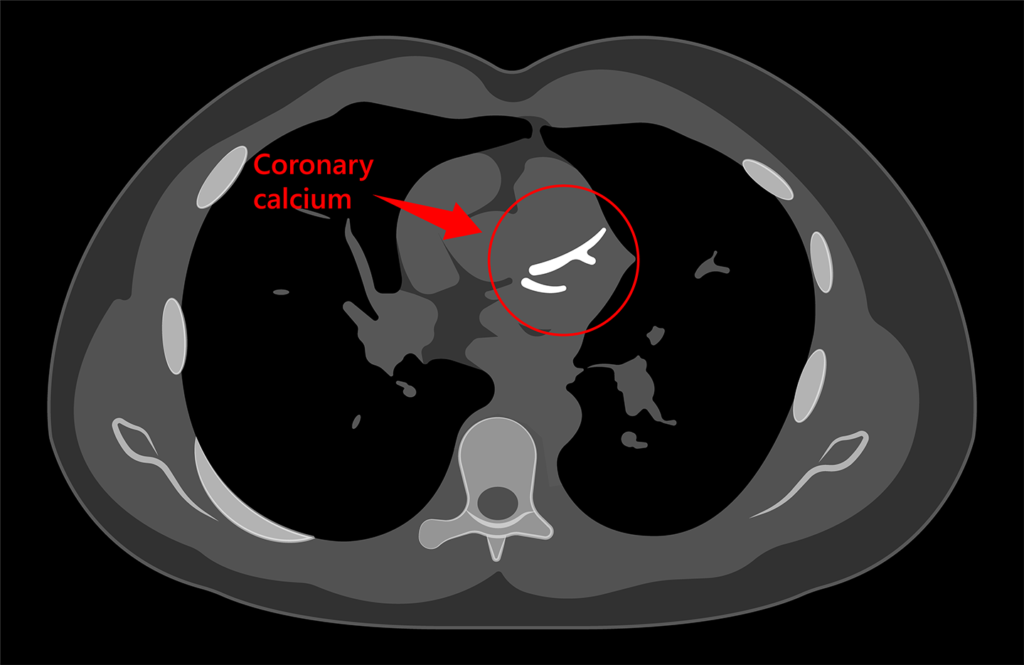
Coronary Calcium Scoring
Coronary calcium scoring is a special type of X-ray test that looks at your heart. It’s like a heart detective, searching for tiny bits of calcium or ‘chalky spots’ in the blood vessels of the heart. These chalky spots can tell doctors if there might be any blockages forming. It’s like checking a hose for any clogs before it causes problems with the water flow. This test helps doctors figure out if someone’s at risk of heart issues and if they need to do anything to keep the heart healthy. It’s quick, easy, and a neat way to peek inside and see how your heart is doing!
Coronary CT Angiogram
A coronary CT scan is a specialised medical test that offers a deeper look into the heart’s condition. Using advanced technology, this scan captures numerous images from various angles as you comfortably lie on a sliding table that moves through a large, ring-shaped machine. These multiple snapshots are then compiled by a computer to produce a comprehensive 3D view of your heart, giving unparalleled clarity and detail.
Why might you be directed to have one? Doctors often use this test to examine the coronary arteries more closely. While these arteries are vital for supplying the heart with essential oxygen and nutrients, they can sometimes become narrowed or blocked by plaque. A coronary CT scan identifies the presence and location of these blockages, especially those containing calcium, which appear bright on the images.
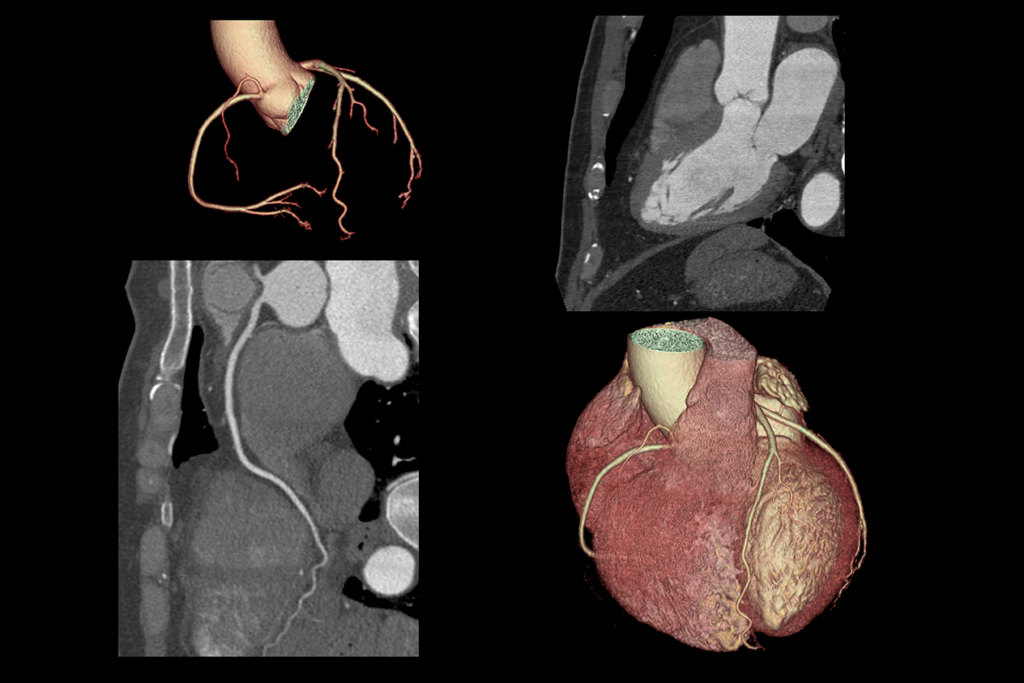
Why Us - Cardiac MRI ?
- We are cardiac imaging nerds – see above.
- We use one of the most advanced Siemens 3T scanners available – MAGNETOM Prisma.
- Access to cardiac imaging sequences that are only available at a few sites in the world
- Scans reported by subspecialty trained Radiologist and Cardiologists
- All scans: $500.
Cardiac MRI (Magnetic Resonance Imaging)
Cine Imaging
Imagine watching a movie of your heart beating in real-time. That’s essentially what “cine imaging” in cardiac MRI does. Just like how a movie is made up of many still pictures (frames) shown rapidly in sequence to create the illusion of motion, cine imaging captures multiple images of the heart at different points in its beating cycle. When these images are played back in sequence, they create a “movie” of the heart in motion.
This allows doctors to see how your heart is working, how the muscles contract, and how the blood flows through the chambers, all in vivid detail. It’s a powerful way to spot any abnormalities in the heart’s movement or function. So, with cine imaging, instead of just getting a single still image of the heart, doctors get a dynamic view, similar to watching a movie, that reveals much more about the heart’s health and performance.
More Information about Cardiac Imaging
Most cardiac MRI scans do not require any special preparation. If you are having an adenosine-stress CMR study, you will be advised at the time of booking what preparation is required.
Some people may find the MRI scanner claustrophobic which can prevent them from completing the MRI scan. If you have experienced this previously or have any concerns, please let our bookings staff know and we will talk through the options available to you.
Upon your arrival, you’ll be handed an MRI Safety Form. It’s vital to fill this out to ensure it’s safe for you to be in the MRI room. Before the scan, you’ll change into a gown to make certain there’s no metal on you or your attire.
Next, we’ll affix ECG stickers on your chest, using a special gel to prep your skin. In many cases, we administer a tiny dose of MRI contrast liquid into an arm vein to get clearer insights into your heart’s structure.
You’ll be lying down, facing up, for around 40 minutes during the MRI. Since the scan is tailored just for you in real-time, it’s crucial you remain still. We’ll do our best to keep you cozy with cushions and warm covers. Occasionally, the radiographer will ask you to hold your breath briefly (10-15 seconds).
The MRI machine does make notable thumping sounds. For your comfort, we’ll provide earplugs and headphones. Through these headphones, you can enjoy music and also stay connected with the radiographer.
You’ll have a buzzer in hand. Press it if you need to communicate with the radiographer or wish to halt the procedure. Remember, the radiographer is always monitoring and will frequently communicate with you during the scan.



